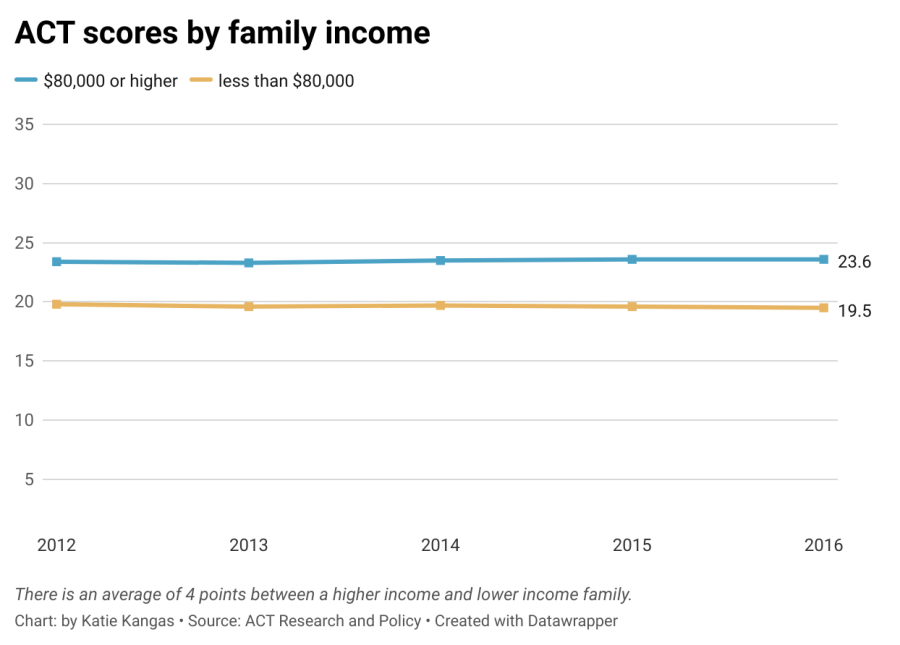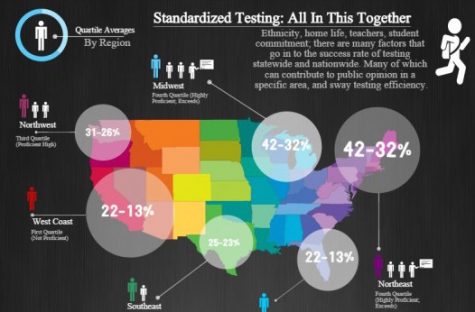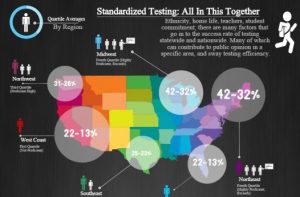ACT, a non-comprehensive review of students
There is an average of four points between a higher income family and a lower income family. This can effect what types of schools lower income families are accepted into and the types of scholarships they can receive.
January 16, 2022
While the ACT is a valuable system to gather information about student performance or schools, the ACT should not be used as one of the sole factors that gets students accepted into college because it does not accurately represent the student’s whole academic career and it gives advantages to wealthier students.
The COVID-19 pandemic left students unable to take the ACT during the years 2020 and 2021. This led to colleges and universities waiving the test for admissions and the general public questioning whether ACTs are really needed as an academic requirement for admission to places of higher education.
ACT scores cannot accurately represent a student’s true understanding of the material that should be known throughout high school and the level at which students understand it.
“I also firmly believe it doesn’t define the student’s whole high school career into one test because some students, they just don’t test well,” Amy Carr, College and Career Center professional said.
Students who do not test well or students who have taken higher level classes than the standardized test requires are actually at a disadvantage. Some people have test anxiety or just do not do well under the pressure of a timer, which gives an inaccurate depiction of how much they really know. Students who take higher level classes at some point have not taken the required math, the ACT is heavily geometry focused, since seventh or eighth grade. This means they have to recall information from three to four years before when taking the test.
A factor that students are not able to control, but has immense effect, is the family of the student’s wealth. A family’s income can effect their score by four points according to ACT’s research.
“Wealthier people can afford the prep courses that are usually really helpful for taking the ACT and knowing how to prepare for it,” senior Rowan Malmberg said. “The privilege of being wealthy, that is a huge advantage.”
Although there are fee waivers to take the test for some lower income families, the real disadvantages come with preparation. Wealthier students are able to afford the use of tutors or special and expensive programs that guarantee higher scores. The ACT is mostly about learning how to take timed tests and what specific types of questions are being used. Not having access to prep courses to learn how to take the test and what to look for in question is a huge disadvantage.
ACTs also do not reflect real world situations or problems found in the real world. Not everyone exceeds in all categories of the ACT and one section of the test can bring the composite score down.
“In your future you’re not going to be like oh I need to remember my Pythagorean theorem. If you forget it, you just look it up on Google and you’re like everyone else,” sophomore Michael Fredricks said.
Not every career requires the ideas and concepts of the ACT. This means students that are intelligent people, but do not have good math skills or science skills could be affected as to what school they go to even though they have no plans to pursue a career in math or science.
There are people who believe that the ACT is important because it is used as a collection of data about school performance and the performance of certain demographics. This is a valid point because it does give information about what socioeconomic groups, genders, and other categories perform on the test. It also lets schools and administrators know where their school may be struggling and needs more attention. Although this is a valid point, it should not be the only factor that bars students from getting into their desired school. It does not represent the student well academically or show how much that person has done outside of school to prepare them for the future.
Universities or colleges should not admit students based on their ACT test score alone. These places of higher learning should take a more holistic approach to admissions which would include a focus on extra curricular, grades and other outside factors of the student’s learning environment. Although it should not be used as a test to get into schools it should continue to be used as a standardized test to let administrators of high schools know what areas their school needs support in.




















Isabelle Knighton • Feb 15, 2022 at 8:29 am
I think you did a lot of good research, and I was really able to get a deeper understanding of the ACT.
Gabrielle Knowlan • Feb 14, 2022 at 12:18 am
Your opinion and call to action were clearly laid out. The data in this story was super informative and helped support your point.
Jeremiah Swartz • Feb 13, 2022 at 10:24 pm
I love your ability to represent statics and data which worked really well with your explanation. I love how you represent the need for a change and represent how students need help.